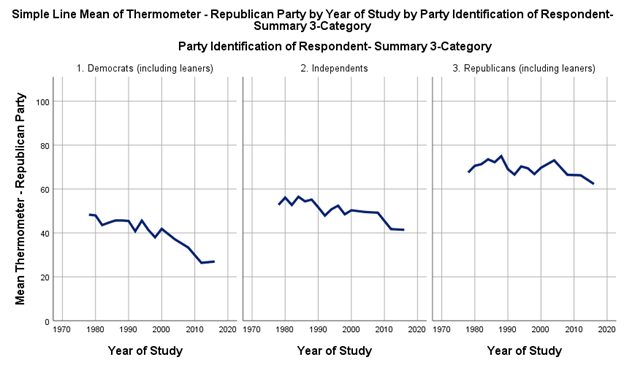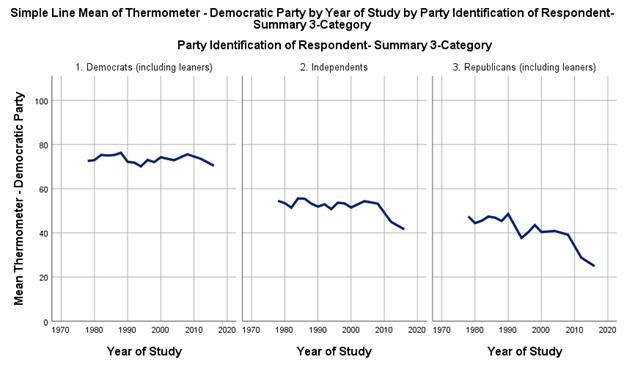
Preparing the Political Environment Before Introducing A Policy Change
When I was a young, student leader at the University of Florida, I had an eye-opening experience during a meeting with a Congressperson in D.C. I had meticulously prepared my case for a legislative change affecting students and felt confident as the discussion progressed. The Congressperson was engaged, asking insightful questions, and I believed I was making real progress.
As the meeting ended, we walked to the door, and the Congressperson put a hand on my shoulder and said, “I agree with you, but I can’t help you—yet. It’s too soon. Your job is to build the pressure on me and my friends.”
That moment taught me a critical lesson: successful policy change requires understanding and preparing the political environment before moving forward.
“I agree with you, but I can’t help you—yet. It’s too soon. Your job is to build the pressure on me and my friends.”
Why Preparation Matters
Policy change is a complex, multifaceted process that demands a strategic approach. Without the right groundwork, even the most compelling proposals can falter. Decision-makers are influenced by political realities, public opinion, and stakeholder pressures. To succeed, businesses and advocacy groups must align their goals with the broader political landscape and create the conditions for policymakers to act.
The Outside Game: The Role of Political Affairs Experts
Political affairs experts are to understand and shape the political environment. The work lays the foundation for successful advocacy efforts and creates momentum for change through key strategies:
Strategic Vision & Planning: They analyze the political landscape, identify the stakeholders, power players, and the relationships, and develop a comprehensive roadmap (to include processes) and budget for the entire policy campaign.
Stakeholder / Power Mapping & Engagement: They identify key stakeholders, including agencies, industry groups, and advocacy organizations, and develop engagement strategies to build coalitions and garner support.
Issue Identification & Research: They meticulously analyze the policy problem, gather data, and conduct comprehensive research to understand its impact and potential solutions. This may involve data analysis, exploring other jurisdiction’s approach, identifying knowledge gaps to be filled by experts, and conducting public opinion polling and focus groups.
Opposition Research & Counter-Messaging: They delve deep into the opposition’s arguments, funding sources, and potential weaknesses, developing counter-messaging strategies to neutralize their influence.
Narrative Development: They craft compelling narratives that resonate with lawmakers, stakeholders, and the public, framing the issue in a way that demands attention and action. This often entails translating complex information into more digestible materials.
Policy Whitepaper Development: They synthesize research findings and stakeholder perspectives into persuasive policy whitepapers that provide evidence-based arguments for change.
Targeted Messaging & Channel Optimization: They tailor messaging for specific audiences, including lawmakers, the public, and media outlets, ensuring consistent and persuasive communication across all channels. This can include collateral to digital programs to full-blown advertising campaigns.
Resource Allocation & Coordination: They strategically budget and allocate resources, including funding, personnel, consultants, and media outreach, to maximize impact and efficiency throughout the campaign.
The Inside Game: The Role of Lobbyists
Lobbyists are the boots on the ground, leveraging their relationships and expertise to navigate the legislative process. They work in tandem with political affairs experts to present the research, the proposal, and push policy change through formal channels.
Legislative Champion Recruitment: They identify and engage lawmakers with influence and interest in the issue, building relationships and securing sponsors for the bill.
Pre-Filing & Legislative Advocacy: They conduct briefings with legislative committees, staff, and leadership and ensure buy-in from key committees before formal introduction of the bill.
Committee Process Management: They organize expert testimony for public hearings, negotiate amendments with stakeholders, and work behind the scenes to secure votes in committees.
Floor Vote & Passage: They orchestrate last-minute advocacy pushes, ensure cross-chamber coordination in bicameral systems, and engage the Governor’s office to secure support or negotiate potential veto overrides.
Governor & Executive Branch Engagement: They engage with the Governor’s office, the Governor’s staff, and relevant agencies to ensure smooth implementation and minimize potential roadblocks.
Post-Passage Implementation: They work closely with regulatory bodies during the rulemaking process, mobilize supporters to advocate for favorable implementation rules, and monitor compliance and performance metrics. (Note sometimes the implementation lobbyists may change depending on area of expertise.)
The Power of Synergy in Policy Change
Policy change is not a linear process. Political affairs experts and lobbyists must work simultaneously, both inside and outside the legislative arena, to build momentum and overcome resistance. Their collaboration ensures:
- Policy initiatives are well-researched and strategically positioned.
- Stakeholders are engaged and mobilized effectively.
- Policymakers are equipped with the right information at the right time.
Key Takeaways for Businesses
Preparing the political environment requires a strategic, long-term approach. Businesses seeking significant policy changes should:
- Invest Early in Research: Understand the landscape and anticipate challenges.
- Build Relationships: Cultivate trust with key stakeholders and decision-makers.
- Craft Compelling Narratives: Simplify complex issues and align messaging with audience values.
- Mobilize Support: Leverage grassroots and grasstops advocacy to build momentum.
- Be Patient: Policy change is often slow; persistence is key.
Conclusion
Effective policy change doesn’t happen in a vacuum. By preparing the political environment, businesses can increase their chances of success and create lasting impact. Whether engaging political affairs experts, lobbyists, or both, the key lies in strategic planning and consistent effort.







